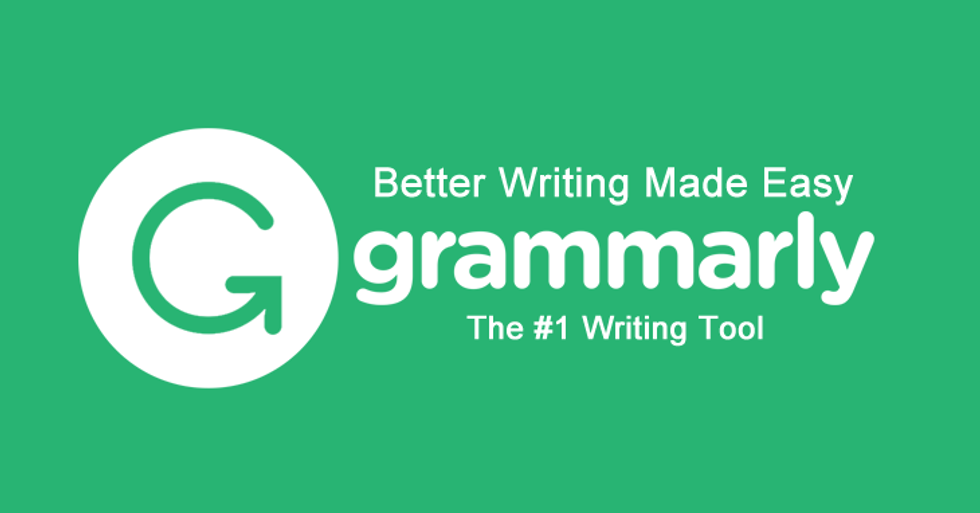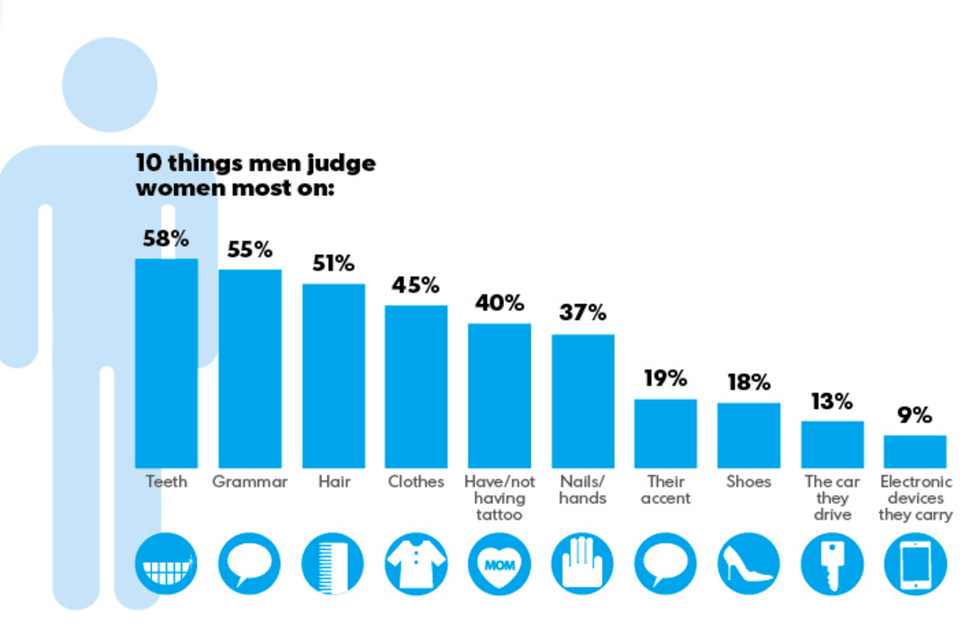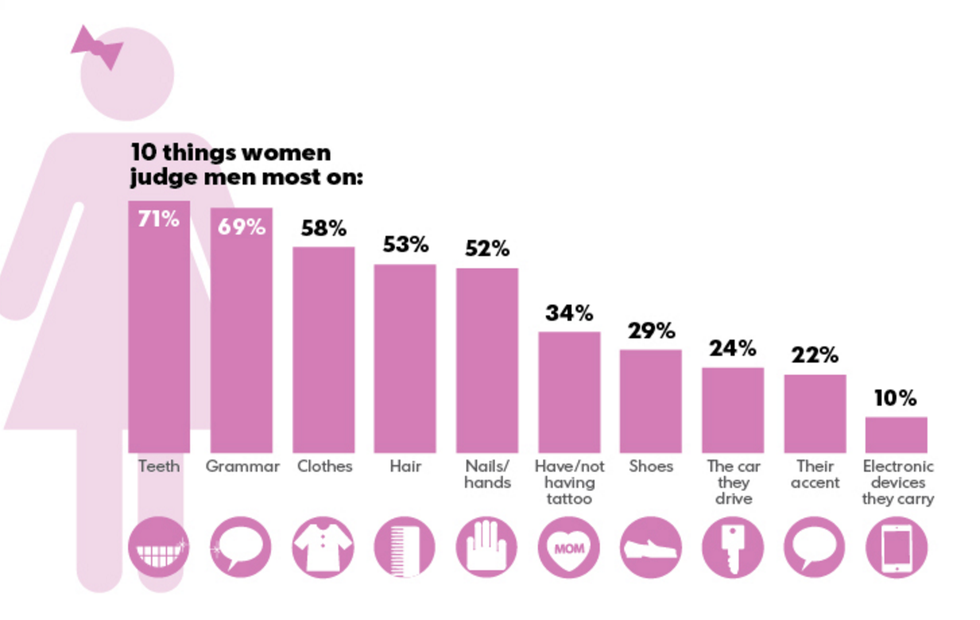As the Editor-in-Chief of an Odyssey community, I go through a small mountain of articles every week. My duties of making sure these articles are grammatically correct, coherent and inoffensive keep me occupied on the weekends. For ensuring the proper syntax and punctuation of the articles, I have trusted Grammarly–a handy-dandy proofreading program that comes as a Chrome extension. It’s worked beautifully and helped me isolate the errors in most articles. For whatever reason, technical or divine, Grammarly has recently stopped working on the Odyssey Muse portal. Cue soap opera dramatic theme that plays when a character dies.
At first, I was worried that this loss would set back my editing process by hours and result in missed errors that would get published. But, when I started editing without my Grammarly crutch, I realized that the editing tool had actually been holding me back. With Grammarly, I had become accustomed to skimming articles for errors instead of reading them word for word. As a result, I would get the gist of a writer's article, but not the subtle nuances of their language or pick up on their individual styles. Thus, when my Grammarly program decided to boycott Muse, I became a better EIC. Now, I go through every article and have to look at every single word. Yes, the mountain of content takes a little longer to climb, but I feel like it could really be worth it. There haven't been more mistakes that I'm unable to catch and I'm actually getting to know my writers more through their articles.
Don't get me wrong, Grammarly is a wonderful app. It gives suggestions for when you spell a word wrong instead of using auto-correct and does the same for punctuation. I use it for academic papers because it is able to efficiently detect issues of word order, passive voice use, wordiness and others. If you are interested in having a super-analytic program, Grammarly offers a premium plan (for a fee, of course) that points out "advanced issues" and gives detailed explanations and corrections. But, the free version has always worked well for most content.
As we all know, proper grammar is essential to being a functioning member of society and demonstrating to others that you are well-educated. USA Today finds that "When judging [key qualities] in a potential date [on Match.com], both men and women rate teeth at the top, followed by grammar."
As an editor of content that will end up on the internet, where mistakes are difficult to correct and will inevitably be seen by someone somewhere, I get stressed over my articles. Though I wish Grammarly could still help me out with my editing, I've actually found the whole process less strenuous without it. To other editors out there: I wouldn't recommend deleting your proofreading app if you have one, but don't let it keep you from developing your editing skills and getting to know your writers better.
























